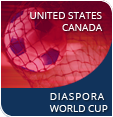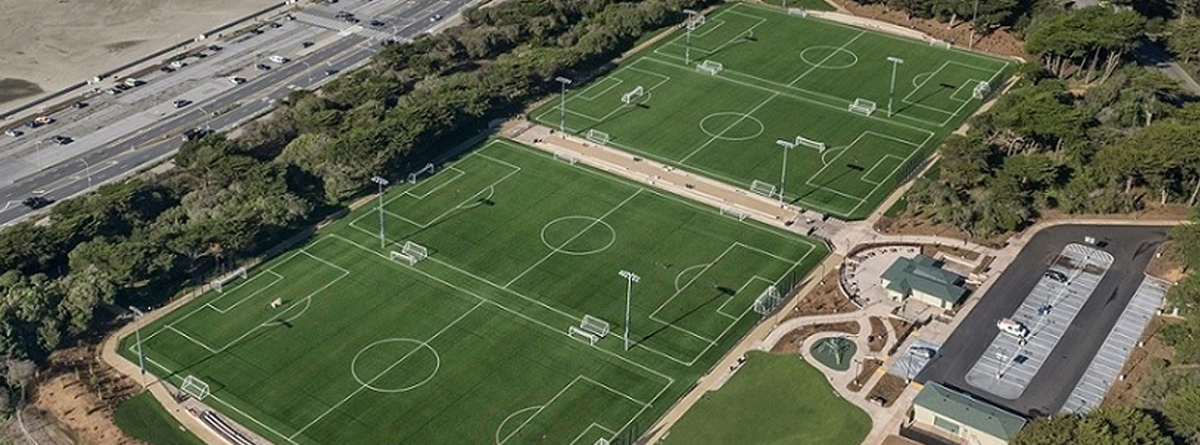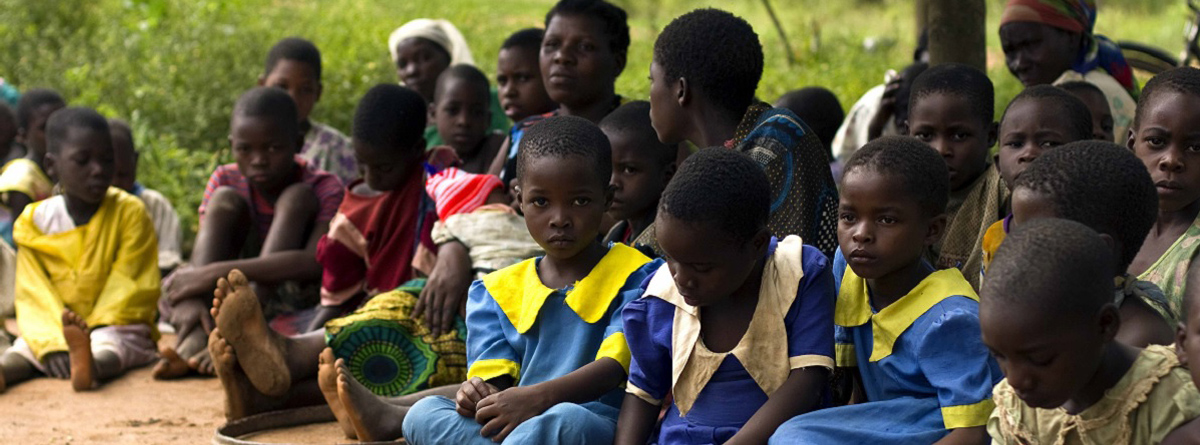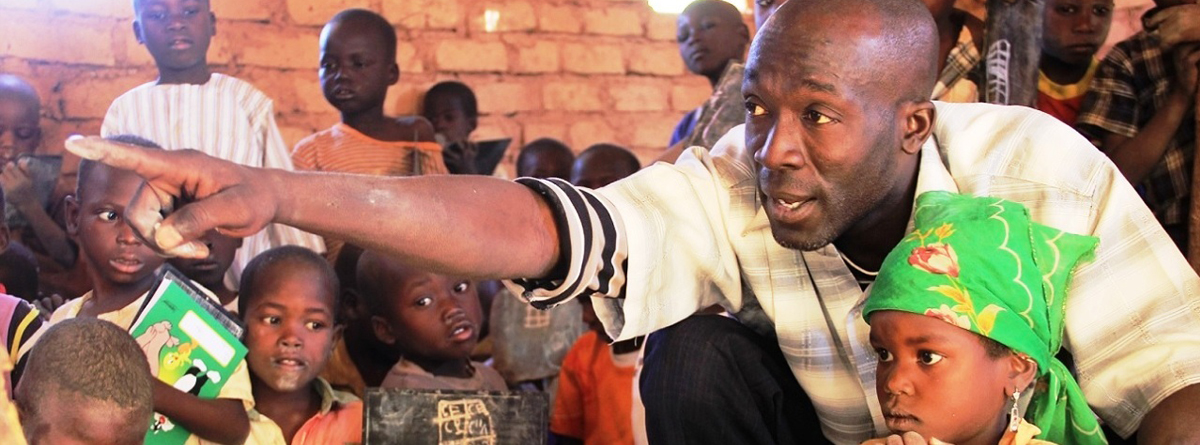|
|
Paraguay
Kansas City – Overland Park
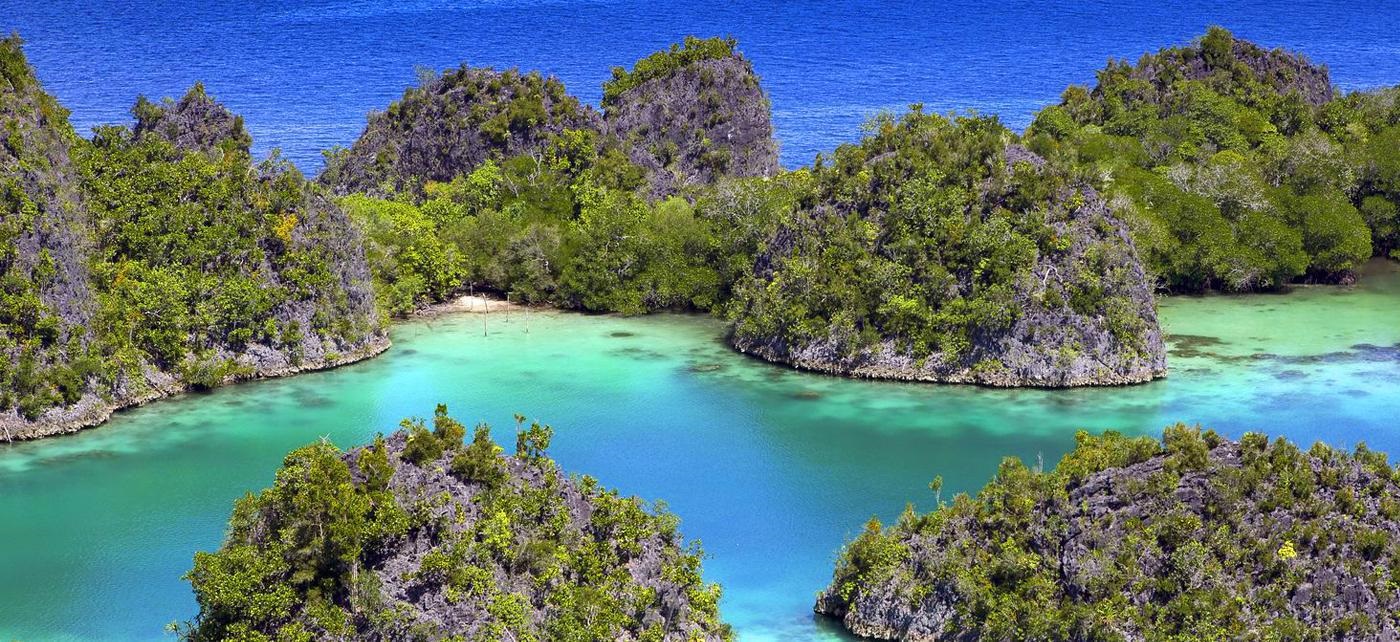
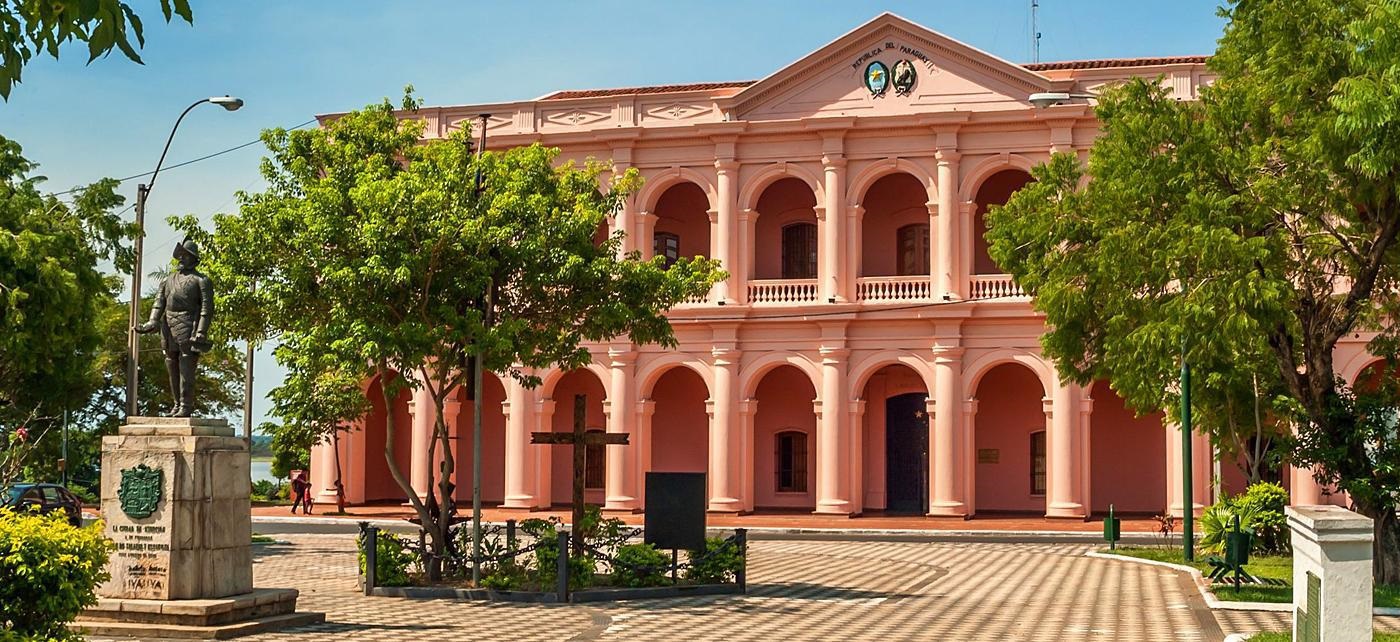

Profile
Paraguay, officially the Republic of Paraguay, is a landlocked country in South America. It is bordered by Argentina to the south and southwest, Brazil to the east and northeast, and Bolivia to the northwest. Paraguay lies on both banks of the Paraguay River, which runs through the center of the country from north to south. Due to its central location in South America, it is sometimes referred to as Corazón de América, or the Heart of America.
As of 2009 the population was estimated at 6.3 million. The capital and largest city is Asunción. The official languages are Spanish and Guaraní, both being widely spoken in the country. Most of the population is mestizos. The Guaraní have been living in Paraguay since prior to the arrival of Europeans in the 16th century, when Paraguay became part of the Spanish colonial empire. Paraguay gained independence from Spain in 1811.
Politics of Paraguay takes place in a framework of a presidential representative democratic republic (whereby the President of Paraguay is both head of state and head of government) and of a multi-party system. The National Constitution mandates a separation of powers in three branches. Executive power is exercised solely by the President. Legislative power is vested in the two chambers of the National Congress. The Judiciary power is vested on Tribunals and Courts of Civil Law and a nine-member Supreme Court of Justice, all of them independent of the executive and the legislature.
According to the 2002 census, 89.6% of the population is Roman Catholic, 6.2% is evangelical Christian, 1.1% is other Christian, 0.6% practice indigenous religions. A U.S. State Department report on Religious Freedom names Roman Catholicism, evangelical Christianity, mainline Protestantism, Judaism (Orthodox, Conservative, and Reform), Mormonism, and the Baha'i Faith as prominent religious groups and also mentions a large Muslim community in Alto Paraná as a result of Middle-Eastern immigration, especially from Lebanon, and also the Mennonite community in Boquerón.
Football is by far the most popular sport in Paraguay to the point that it is part of the nation's culture. Football was first introduced in Paraguay by Dutchman William Paats, who moved from the Netherlands to Asunción in 1888. In 1900, small tournaments were held at the Plaza de Armas, a plaza located in downtown Asunción. By 1906 the number of football clubs in Paraguay had increased and the Paraguayan Football Association, the governing body of football in Paraguay, was founded. The Paraguayan Football Association joined CONMEBOL in 1921 and FIFA in 1925. Football has grown enormously since then, and there are over 1600 teams spread throughout Paraguay participating in multiple leagues.
Each of those teams tries to make their way to the first division by clearing the different levels of lower divisions. The growth and evolution of Paraguayan football can be seen in the achievements made in the club level and by the Paraguayan national football team. The national team has participated in eight World Cups, won two Copa América tournaments, and obtained a silver medal at the Olympic Games in 2004. All these accomplishments established Paraguay as the fourth most successful football nation in South America behind Argentina, Brazil and Uruguay. At the club level, Olimpia Asunción has won a total of eight international tournaments, including three Copa Libertadores and one Intercontinental Cup. Among the most important and successful football players in Paraguayan history are Arsenio Erico, Aurelio González, Romerito and José Luis Chilavert.
As of 2009 the population was estimated at 6.3 million. The capital and largest city is Asunción. The official languages are Spanish and Guaraní, both being widely spoken in the country. Most of the population is mestizos. The Guaraní have been living in Paraguay since prior to the arrival of Europeans in the 16th century, when Paraguay became part of the Spanish colonial empire. Paraguay gained independence from Spain in 1811.
Politics of Paraguay takes place in a framework of a presidential representative democratic republic (whereby the President of Paraguay is both head of state and head of government) and of a multi-party system. The National Constitution mandates a separation of powers in three branches. Executive power is exercised solely by the President. Legislative power is vested in the two chambers of the National Congress. The Judiciary power is vested on Tribunals and Courts of Civil Law and a nine-member Supreme Court of Justice, all of them independent of the executive and the legislature.
According to the 2002 census, 89.6% of the population is Roman Catholic, 6.2% is evangelical Christian, 1.1% is other Christian, 0.6% practice indigenous religions. A U.S. State Department report on Religious Freedom names Roman Catholicism, evangelical Christianity, mainline Protestantism, Judaism (Orthodox, Conservative, and Reform), Mormonism, and the Baha'i Faith as prominent religious groups and also mentions a large Muslim community in Alto Paraná as a result of Middle-Eastern immigration, especially from Lebanon, and also the Mennonite community in Boquerón.
Football is by far the most popular sport in Paraguay to the point that it is part of the nation's culture. Football was first introduced in Paraguay by Dutchman William Paats, who moved from the Netherlands to Asunción in 1888. In 1900, small tournaments were held at the Plaza de Armas, a plaza located in downtown Asunción. By 1906 the number of football clubs in Paraguay had increased and the Paraguayan Football Association, the governing body of football in Paraguay, was founded. The Paraguayan Football Association joined CONMEBOL in 1921 and FIFA in 1925. Football has grown enormously since then, and there are over 1600 teams spread throughout Paraguay participating in multiple leagues.
Each of those teams tries to make their way to the first division by clearing the different levels of lower divisions. The growth and evolution of Paraguayan football can be seen in the achievements made in the club level and by the Paraguayan national football team. The national team has participated in eight World Cups, won two Copa América tournaments, and obtained a silver medal at the Olympic Games in 2004. All these accomplishments established Paraguay as the fourth most successful football nation in South America behind Argentina, Brazil and Uruguay. At the club level, Olimpia Asunción has won a total of eight international tournaments, including three Copa Libertadores and one Intercontinental Cup. Among the most important and successful football players in Paraguayan history are Arsenio Erico, Aurelio González, Romerito and José Luis Chilavert.
Country Location


